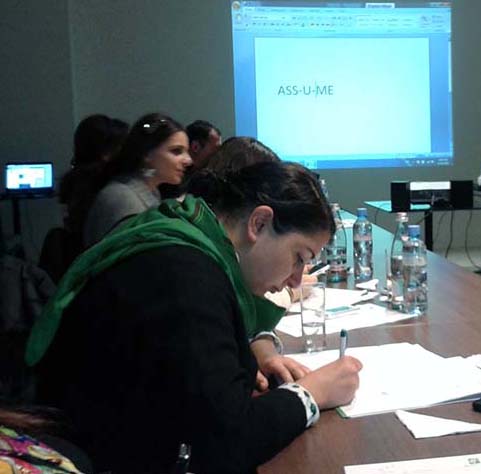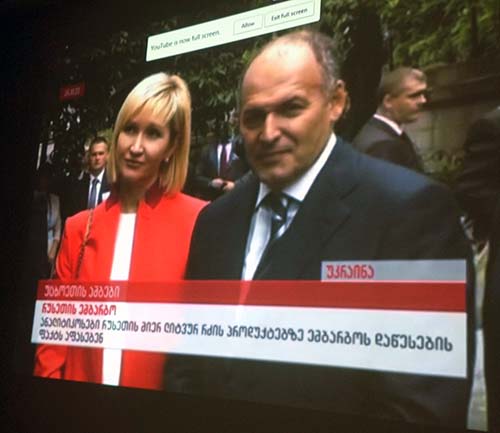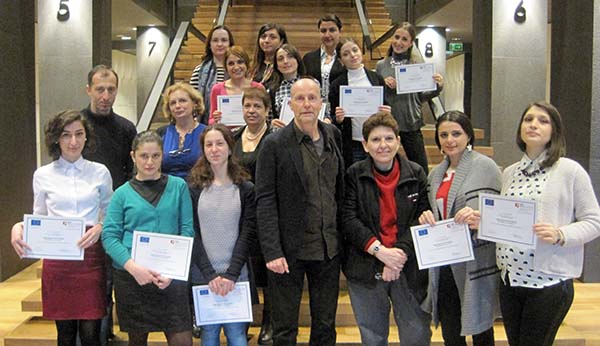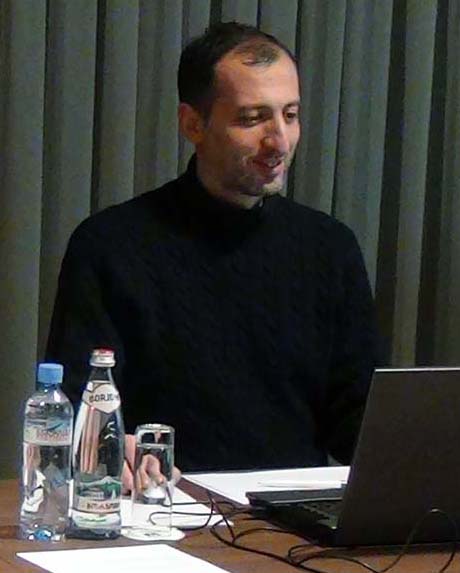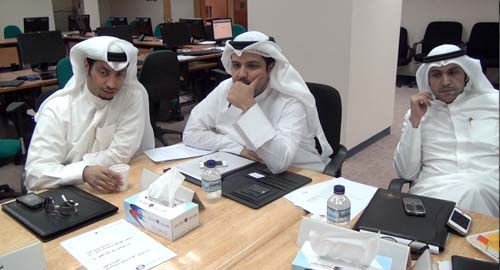Keep it simple, don’t assume, remember accuracy, ethics are key, and avoid wordiness, was some of the advice provided by BBC veteran Jim Fish and Media Unlimited director Magda Abu-Fadil to 12 Georgian journalists attending a booster course to hone their reporting skills.
The reporters at print, broadcast and online media presented samples of their work in the final phase of training organized by BBC Media Action and funded by the European Union in Tbilisi.
The reports included focus on a special needs school, internally displaced persons, the decriminalization of marijuana, homeless senior citizens, victims of hurricane damage, and an embargo on dairy products, to name a few.
Fish and Abu-Fadil cautioned the journalists not to be swayed by officials’ statements and to cut through the haze of government, corporate and NGO news releases.
Akaki Gvimradze, deputy editor-in-chief of the Georgian daily “Resonance,” helped with logistics and served as a mentor to the younger journalists.
While most of the three samples each journalist produced were of a serious nature, a few TV reports touched viewers’ funny bone and provided a fresh approach to otherwise mundane subjects.
The intense two-day course in January 2014 is part of a series of workshops covering partner states of the European Neighborhood and Partnership Instrument, an initiative that targets several Eastern European and Mediterranean countries.

